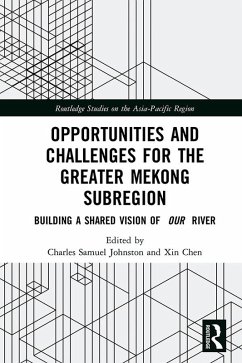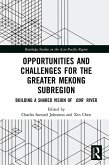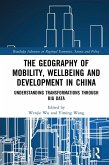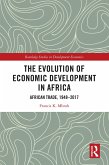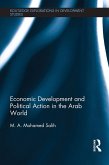Without a sense of regional belonging, it is difficult to imagine that these states and their constituent communities will take regional imperatives to heart, participate in joint regulatory frameworks, or adopt behaviours for upstream-downstream and lateral cooperation over the appropriation and use of their shared resources. How effectively has closer interdependence of the Mekong countries accommodated the development of a political-social-cultural space conducive to the growth of a regional "we-ness" among not only political elites, but also the general public? The contributors to this volume approach this question from a range of directions, including the impacts of tourism, regional development programmes, the Mekong Power Grid, and Sino-US rivalry.
This edited volume presents valuable insights for scholars of international relations, Asian studies, development studies, environment studies, policy studies, and human geography.
Dieser Download kann aus rechtlichen Gründen nur mit Rechnungsadresse in A, B, BG, CY, CZ, D, DK, EW, E, FIN, F, GR, HR, H, IRL, I, LT, L, LR, M, NL, PL, P, R, S, SLO, SK ausgeliefert werden.

